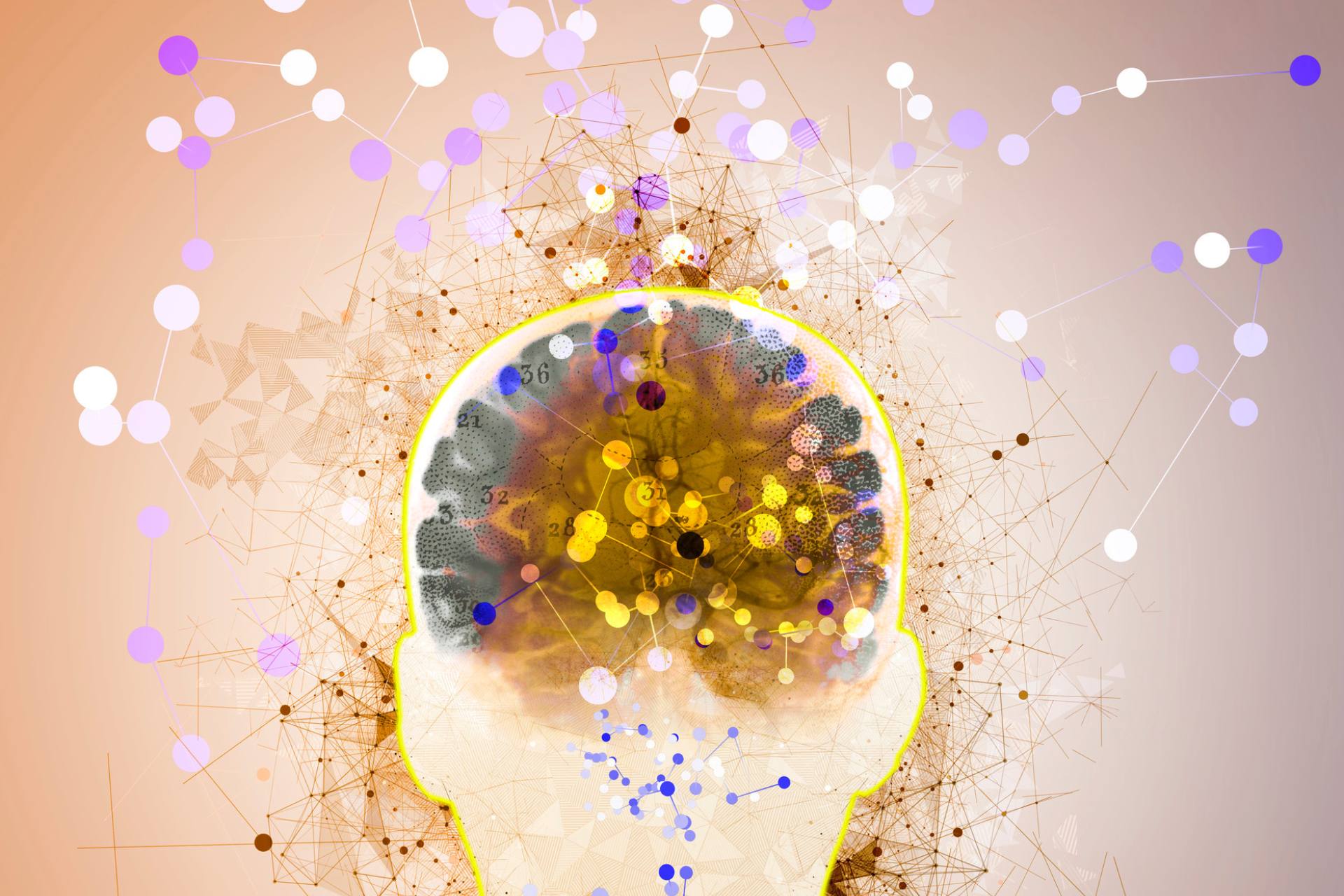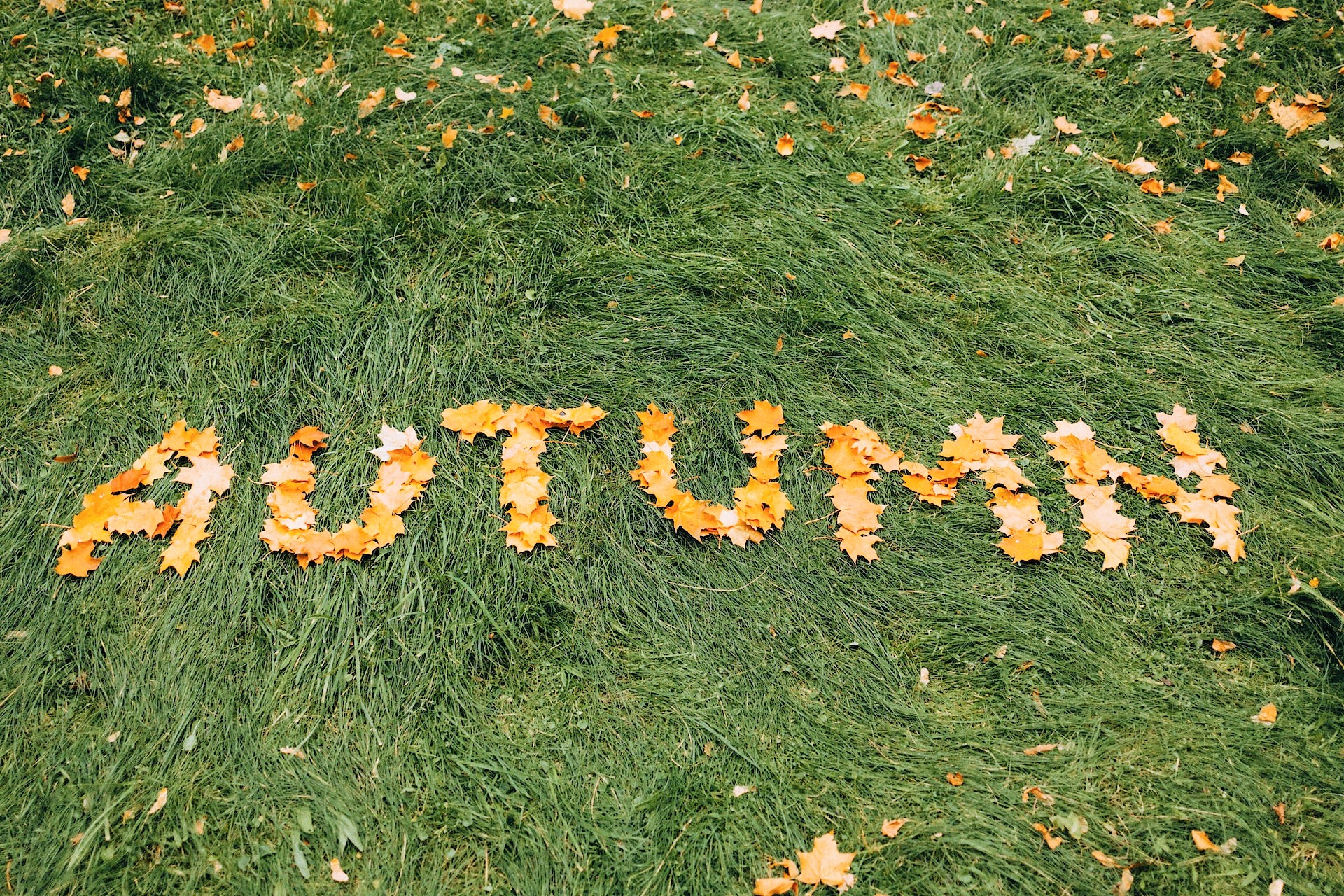by Wysdomly
Chinese Medicine, also known as Traditional Chinese Medicine (TCM), is a comprehensive healthcare system that has been practiced for thousands of years in China. It is rooted in ancient wisdom and philosophy that views the body as a complex network of interconnected systems, constantly striving for balance and harmony.
At the core of Chinese Medicine is the concept of Qi (pronounced “chee”), which can be loosely translated as vital energy or life force. According to Chinese Medicine, the flow of Qi through the body is essential for maintaining good health.
When Qi is abundant and flowing smoothly, a person is in a state of optimal well-being. However, if the flow of Qi becomes blocked or imbalanced, it can lead to various health issues.

Yin and Yang
TCM emphasizes the balance of Yin and Yang forces and the harmonious flow of Qi to maintain health.
Yin and Yang are two fundamental concepts in Chinese philosophy and culture. They represent opposing but complementary forces that exist in all aspects of life and nature.
Yin is associated with qualities such as darkness, coldness, passivity, and femininity, while Yang is associated with qualities such as light, warmth, activity, and masculinity.
The concept of Yin and Yang is used in Traditional Chinese Medicine to describe the balance and harmony between these opposing forces in the body and the universe.
In the context of health, Yin and Yang need to be in balance to achieve optimal well-being. When Yin and Yang are out of balance, it is believed to result in illness or disease.
The goal of Traditional Chinese Medicine is to restore the balance between Yin and Yang to promote health and harmony.

Treatments
Chinese Medicine employs a wide range of treatment modalities to restore balance and promote the free flow of Qi.
One of the most well-known practices is acupuncture, where thin needles are inserted into specific points on the body to stimulate and regulate the flow of Qi.
Herbal medicine, another important component of Chinese Medicine, utilizes the healing properties of various plants and minerals to address specific imbalances and promote overall health.
In addition to acupuncture and herbal medicine, Chinese Medicine also emphasizes the importance of dietary therapy. In this approach, food is seen as a form of medicine, and specific foods are recommended or avoided based on their energetic properties and effects on the body.
Mind-body practices such as Tai Chi and Qigong are also commonly used in Chinese Medicine to cultivate and balance Qi through gentle movements, breathing techniques, and meditation.
An holistic approach
What sets Chinese Medicine apart from Western medicine is its holistic approach to diagnosis and treatment. In Chinese Medicine, the practitioner takes into account not only the physical symptoms but also the patient’s medical history, lifestyle, emotional well-being, and even environmental factors when formulating a treatment plan.
This comprehensive assessment allows for a more personalized and targeted approach to healing, addressing the underlying causes of illness rather than just alleviating symptoms.
Chinese Medicine is not limited to treating specific diseases or conditions; it is a system of healthcare that aims to promote overall well-being and prevent illness. It can be used as a complementary therapy alongside conventional medicine or as a standalone approach, depending on the individual’s needs and preferences.
By addressing the root causes of illness and promoting overall well-being, it provides a unique perspective on healthcare that complements and expands our understanding of human health.
While Chinese Medicine has a long history of practice and a wealth of clinical evidence supporting its effectiveness, scientific research is still ongoing to further understand its mechanisms of action and validate its efficacy.
It is important to approach Chinese Medicine with an open mind and to consult a qualified practitioner for personalized guidance and treatment.



